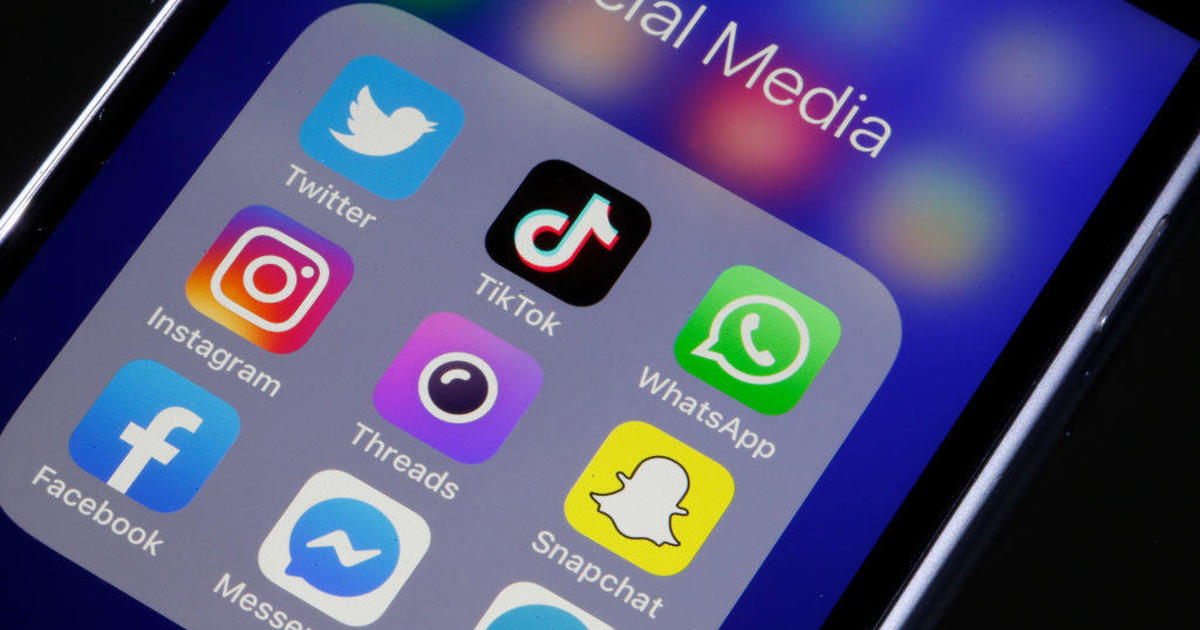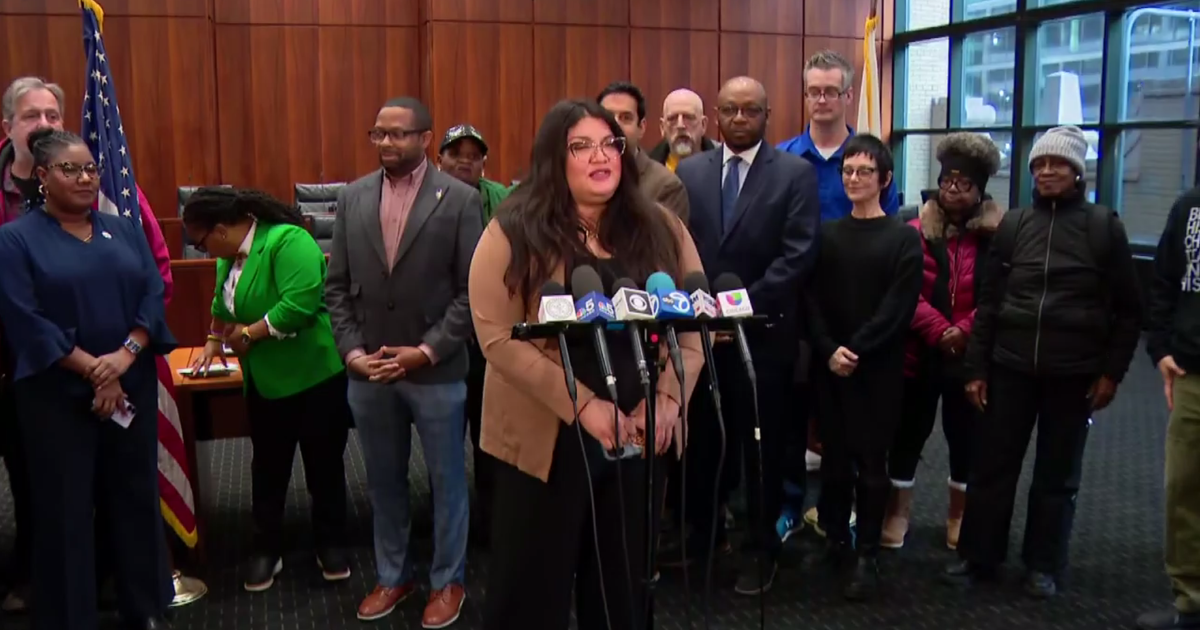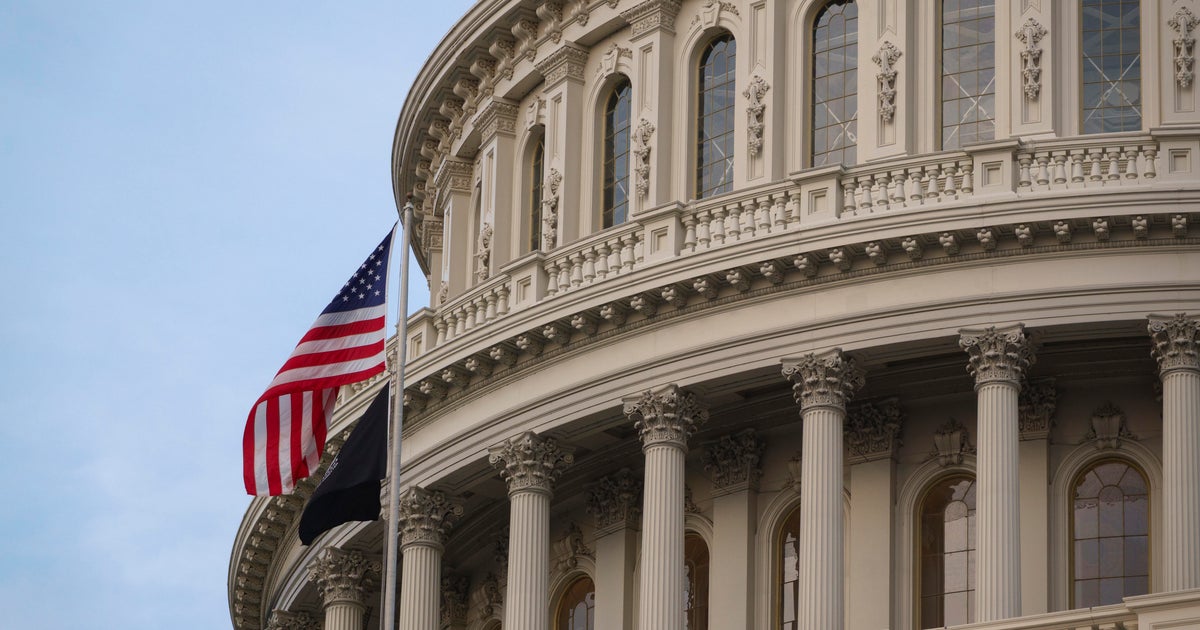NY Lawmakers Advance Bill That Would Ban 'E-Cigarettes'
ALBANY, N.Y. (AP/CBSNewYork) -- New York lawmakers on Tuesday advanced a bill that would make the state the first to ban electronic cigarettes, devices touted on the Internet in ads promising all the pleasures of smoking without the deadly health threat.
Health officials say e-cigarettes are just another addictive habit, one that can hook kids early and legally on smoking. But advocates who have used the devices to quit or cut down smoking tobacco call the battery-operated smokes a miracle.
"E-cigarettes are for some people a tool for enabling them to continue their nicotine addictions when they are someplace where they can't smoke," said Assembly Health Committee Chairman Richard Gottfried, whose panel passed the bill Tuesday. "I don't think that's good for public health."
READ MORE: E-Cigarettes: The Good, The Bad & The Smokey
The Manhattan Democrat said the manufacturers should prove to the federal Food and Drug Administration that e-cigarettes are an effective smoking cessation aid in order to sell them to adults.
Advocates -- who say there is a nationwide grass-roots movement to keep e-cigarettes available -- say the proof is in their health.
"I find it difficult to believe that my wheezing and productive morning cough would have magically disappeared sometime between March 2009 and now if I had continued smoking, waiting for someone to proclaim e-cigarettes 100 percent safe," said Elaine Keller of Springfield, Va. She is vice president of the Consumer Advocates for Smoke-Free Alternatives Association.
"Why do politicians and organizations that claim to be protecting public health want to take away options that could save smokers' lives?" she said Tuesday.
The bill's sponsor was moved to act by the flood of Internet ads for the products and sales at shopping malls.
"So I did some research," said Assemblywoman Linda Rosenthal, a Manhattan Democrat and 20-year smoker who quit more than a dozen years ago. "I found what is in the e-cigarettes is a mystery."
She wants to ban them in New York until they are more thoroughly investigated and regulated.
Her bill was approved in the Assembly last year but stalled in the Senate, which was then controlled by Democrats. Senate Health Committee Chairman Kemp Hannon, a Republican, said the bill likely will be considered by his committee and a hearing may be held, but it's too early to predict what will happen with the proposal.
E-cigarettes have prompted debate nationwide since they became widely available in the United States in 2006. But as either a tobacco cigarette substitute or a much more extensively tested and restricted drug-delivery device, the future of e-cigarettes will likely be decided by the Food and Drug Administration. The FDA lost a court case last year after trying to treat e-cigarettes as drug-delivery devices, rather than tobacco products, because e-cigarettes heat nicotine extracted from tobacco.
"Maybe it stops some from smoking, but maybe it helps some kid start," said Russ Sciandra, director of the Center for a Tobacco Free New York.
Powerful lobbies are involved. If treated as a tobacco product, e-cigarettes would avoid the research and trials required of competitors in the pharmaceutical industry, including anti-smoking patches and inhalers. As a medical device, e-cigarettes could draw opposition from that powerful lobby as a fresh and less expensive competitor.
The supporters of e-cigarettes are now watching New York "very closely. They kind of snuck up on us," said Keller.
She said she has been tobacco free since March 2009 after 45 years of smoking. She said her group amounts to a grass-roots effort of those who feel the government has blocked this "miracle" product.
"There is no industry support on this thing at all," Keller said of the organization. "We want to keep it this way so no one can say we are a shill for the tobacco, drug or e-cigarette industry."
She also tries to recast the safety question.
"I can't point to anything to say it's 100 percent safe," Keller said. "The thing is, it only needs to be safer. The only standard is that it's safer than smoking."
(TM and Copyright 2011 CBS Radio Inc. and its relevant subsidiaries. CBS RADIO and EYE Logo TM and Copyright 2011 CBS Broadcasting Inc. Used under license. All Rights Reserved. This material may not be published, broadcast, rewritten, or redistributed. The Associated Press contributed to this report.)







